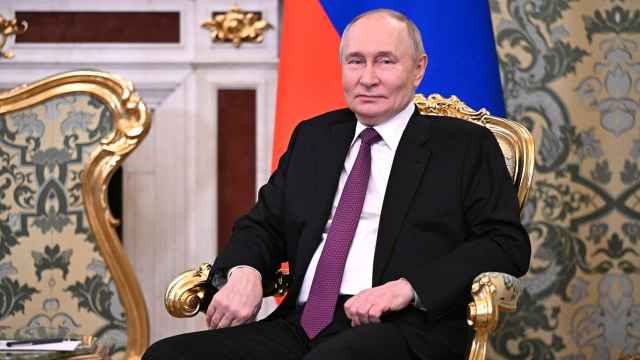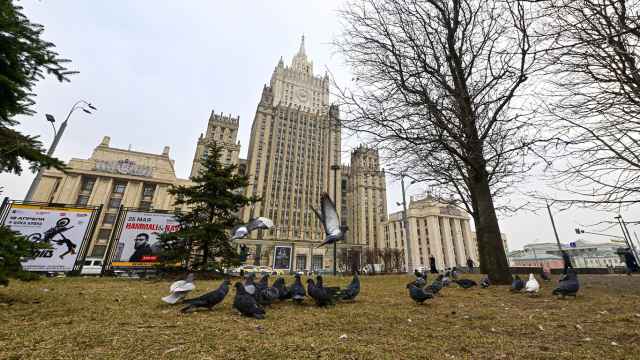
Simon Allan
Partner, Head of Banking & Finance
Goltsblat BLP
Until recently, the approach to infrastructure development in Russia has gravitated toward the key elements of infrastructure, such as roads and airports, rather than the development of territories as a whole. However, the latest trend is a move toward the complex development of territories and the cluster approach, which is driven by the need to deal with national economic imbalances and bottlenecks at major federal hubs.
This is in line with the global trend, where new cities, urban regeneration and extension of existing cities have to be delivered in a highly planned way to match demand, rather than through organic growth. By way of example, China alone is expected to urbanize 400 million people over the next 25 years, which approximately equates to a new Moscow being developed each year within China over that period.
In certain jurisdictions, such as England, there is a successful track record of urban regeneration, including the conversion of Liverpool from a port hub into a post-industrial cultural city with a focus on tourism and the similar urban regeneration programs in Manchester, Glasgow and Cardiff.
Investment opportunities and legal models in Russia

Oleg Khokhlov
Partner, Banking & Finance
Goltsblat BLP
The scale of investments is quite significant, with OJSC Northern Caucasus Resorts alone planning to invest about $31 billion in the region, in combination with state and private funding, with a number of Austrian, South Korean and French investors expressing interest in investing.
At the moment the main legal models used for such projects are: wholly state-owned project companies or state corporations, initially capitalized through charter capital contribution, with subsequent partnerships with private investors; concession agreements based on the build-own-lease-transfer system; special economic zones; federal and regional programs that envisage mixed public and private finance; funds accumulation in federal/regional investment funds, for further concession investment following competitive tenders; incorporation of private equity funds in the form of closed unit funds combining state and private unit holders; bonds issued by project companies, guaranteed by the Russian Federation, known as infrastructure bonds.
Regional acceleration
Traditionally, the bulk of infrastructure investments in the form of public-private partnerships has been allocated to the Moscow and St. Petersburg regions, or the transit routes between them.
However, this is changing quite rapidly and the factors contributing to it are as follows: a Vnesheconombank program supporting regional governments through financing initial costs associated with tender documentation and planning stages of projects, with an annual budget of 2 billion rubles allocated through OJSC Federal Center of Project Finance; the allocation of federal funds to deal with the emergency upgrade of communal infrastructure, involving private-public partnership requirements as a pre-condition for funding; development of regional legislation on public-private partnerships, including more than 33 regions with relevant legislation; large-scale projects in the Far East, relating to the APEC 2012 summit and ongoing development of infrastructure around the Sochi region relating to the 2014 Olympics; natural and technological disasters across the country, necessitating urban regeneration or at least infrastructure replacement.
We expect this trend to continue parallel to the growth of regional financial and industrial groups and investment programs for poorly populated regions in Siberia and the Far East, which have good prospects.
Advantages of urban regeneration for the state, investors and communities
In the current volatile economic environment of inflationary concerns, capital markets turmoil and resurgence of interest in gold as an investment vehicle, investments in urban regeneration can be presented as an alternative investment opportunity.
Last but not least, a systemic approach to urban regeneration allows the adoption of the latest energy-saving technologies, such as smart grids, and can incorporate the benefits of scale of economy in comparison with limited investments in the most outdated facilities on an ad hoc basis.
A Message from The Moscow Times:
Dear readers,
We are facing unprecedented challenges. Russia's Prosecutor General's Office has designated The Moscow Times as an "undesirable" organization, criminalizing our work and putting our staff at risk of prosecution. This follows our earlier unjust labeling as a "foreign agent."
These actions are direct attempts to silence independent journalism in Russia. The authorities claim our work "discredits the decisions of the Russian leadership." We see things differently: we strive to provide accurate, unbiased reporting on Russia.
We, the journalists of The Moscow Times, refuse to be silenced. But to continue our work, we need your help.
Your support, no matter how small, makes a world of difference. If you can, please support us monthly starting from just $2. It's quick to set up, and every contribution makes a significant impact.
By supporting The Moscow Times, you're defending open, independent journalism in the face of repression. Thank you for standing with us.
Remind me later.





